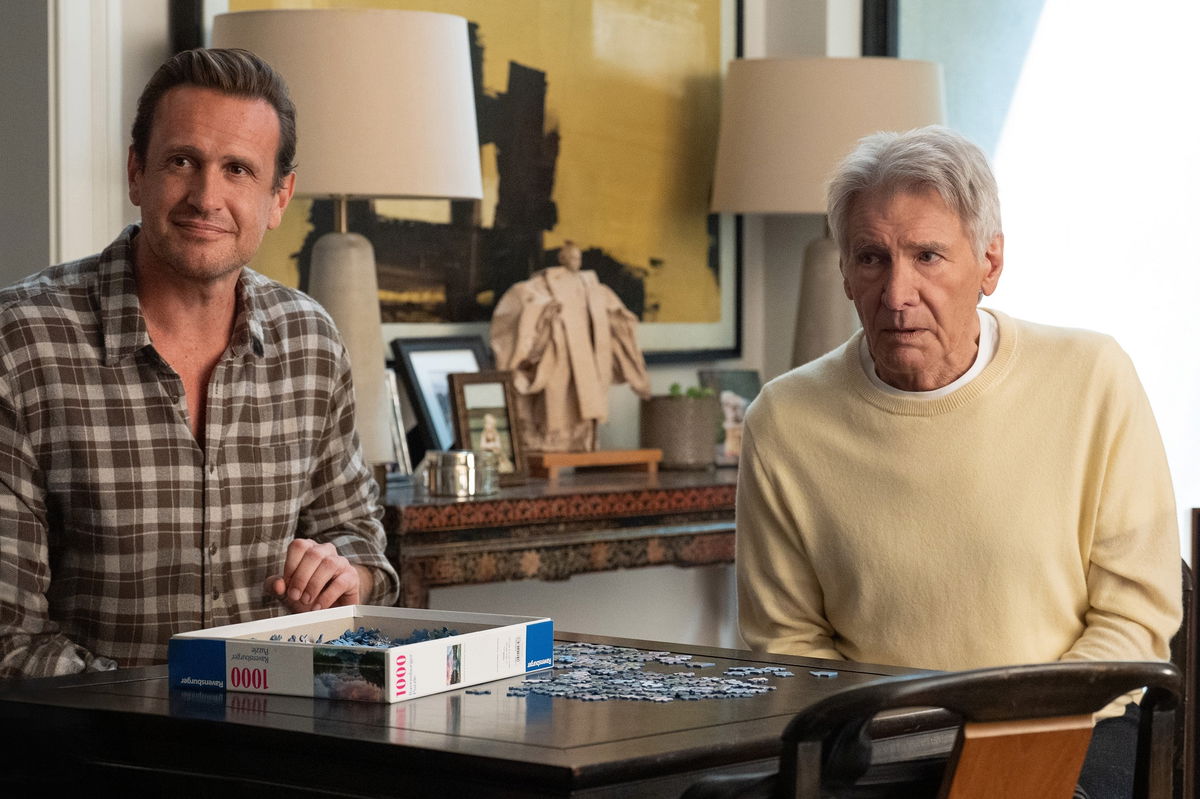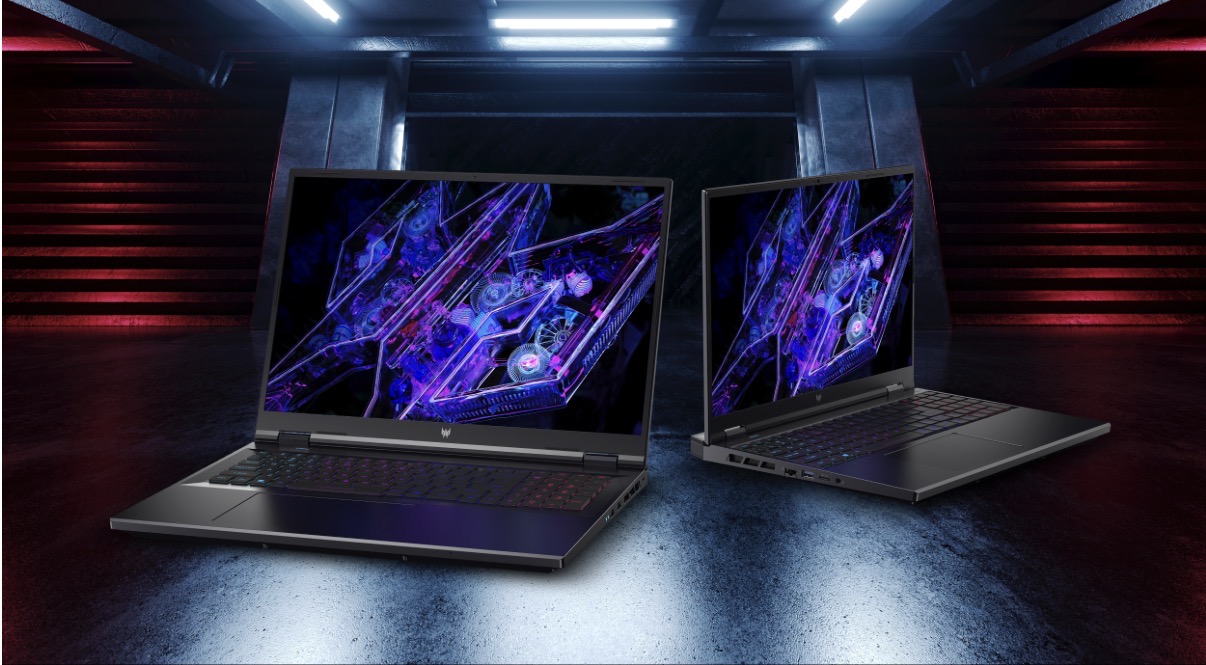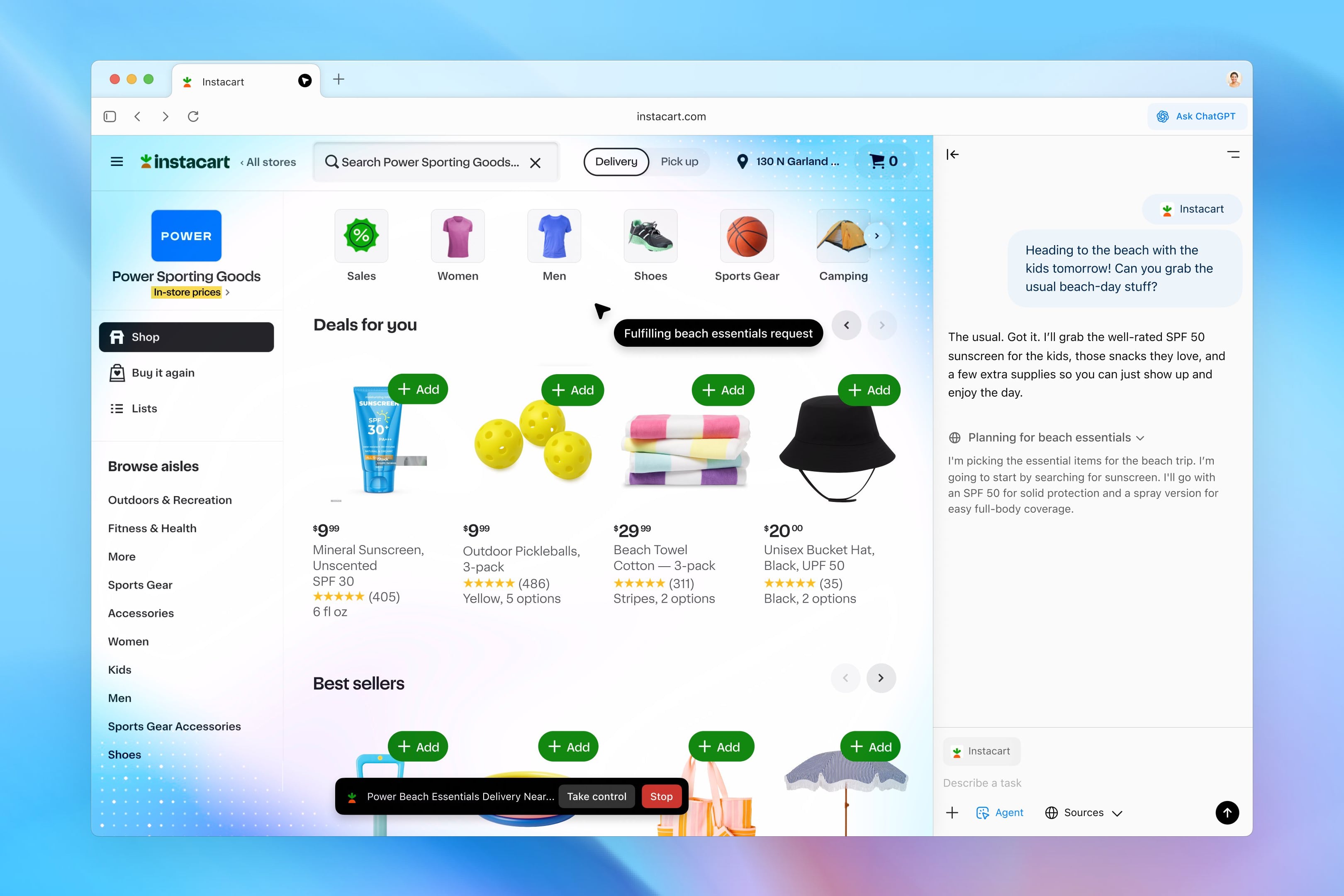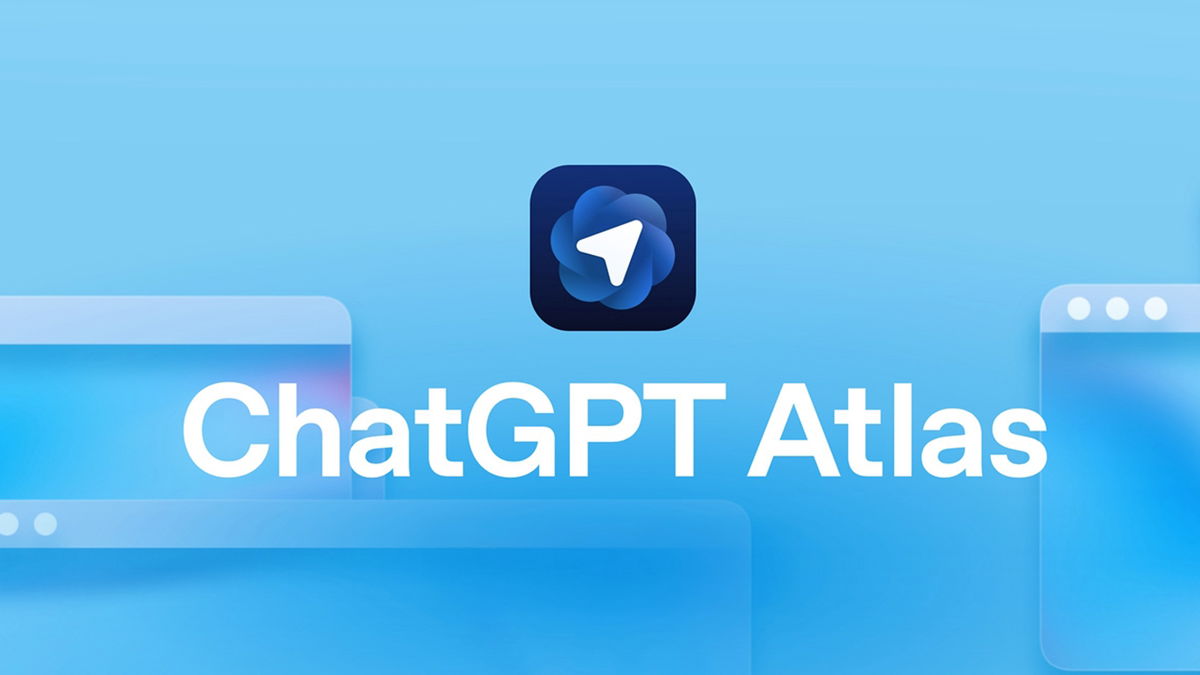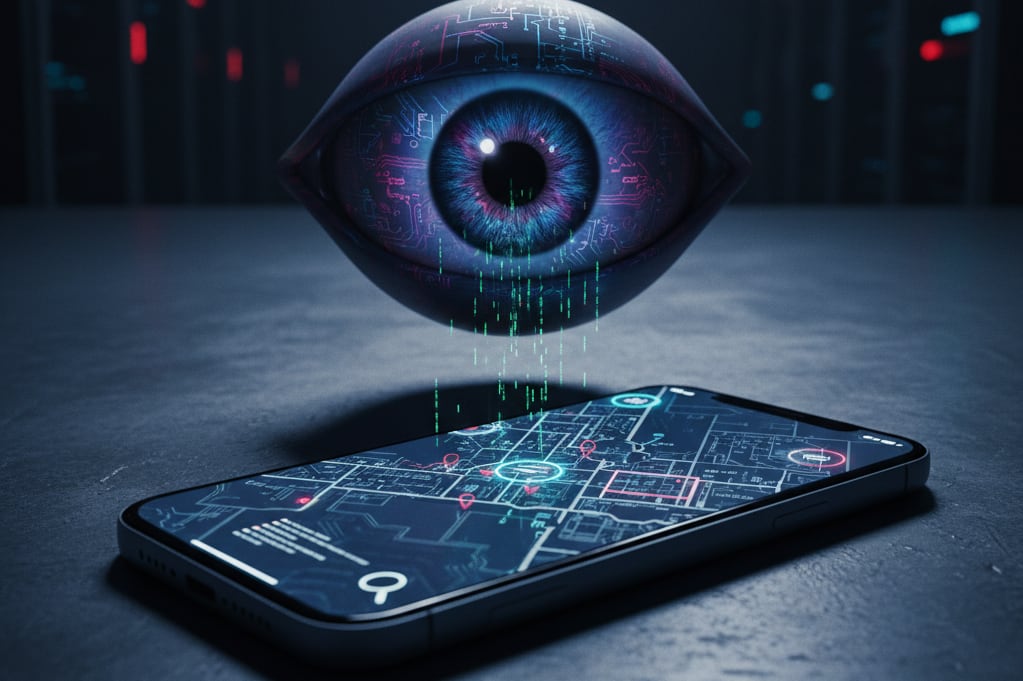Ekaterina Veselkova, CEO of Gazprom-Media, announced at the Digital Brand Day conference on April 21 that the corporation’s sales house had launched media franchise licenses. This means that the holding company’s well-known content marks may appear on consumer products.
Licensees will be able to “rent” recognizable images from GPM projects, including TNT, Friday!, 2×2, TV3, Premier and other media assets, Vedomosti writes.
The post notes that there is no exact data on the product categories for which GPM’s content brands will be relevant. But during the presentation of the new management, the CEO of the media corporation showed a slide with energy drinks, images of the Comedy Club brand and the Fizruk series.
“We are now ready to offer a broad portfolio of teen and adult relevant media franchises based on regularly updated local content with an emphasis on humor, the positive, and a reliance on beloved characters and stories,” said Ekaterina Veselkova.
Rights holders assume that many companies will seek licenses to use media franchises, and soon you will be able to see familiar images on a variety of products, from beverages and food to household chemicals and clothing.
It also appears from the presentation that the new management will be headed by Eduard Hayrapetyan, who will now act as managing director of the consumer goods licensing department.
He stressed that “commercial conditions will be formed according to the classic model of royalties, the cost of a license will depend on the volume of products sold.”
According to the GPM sales house, in 2021 the licensed market of the Russian Federation amounted to 7 billion rubles, and then decreased by 70% in 2022 due to the departure of foreign copyright holders.
Author:
Ekaterina Alipova
Source: RB
I am a professional journalist and content creator with extensive experience writing for news websites. I currently work as an author at Gadget Onus, where I specialize in covering hot news topics. My written pieces have been published on some of the biggest media outlets around the world, including The Guardian and BBC News.


